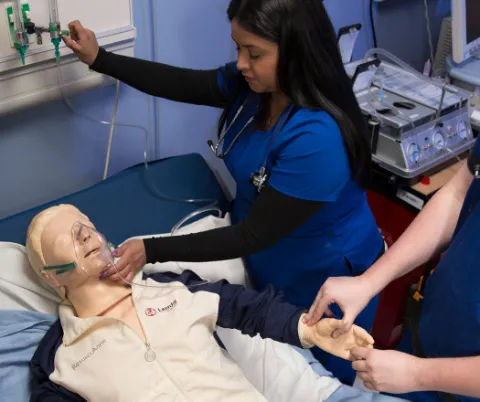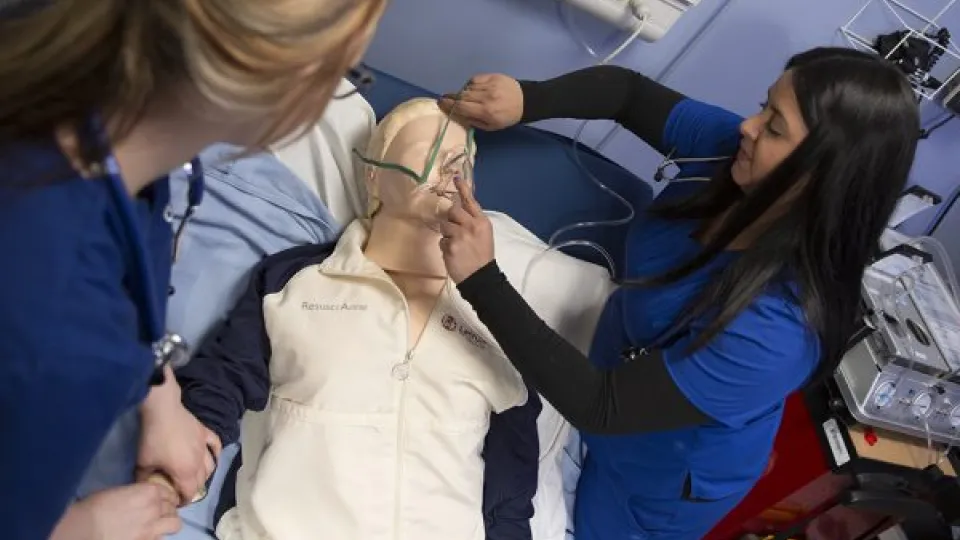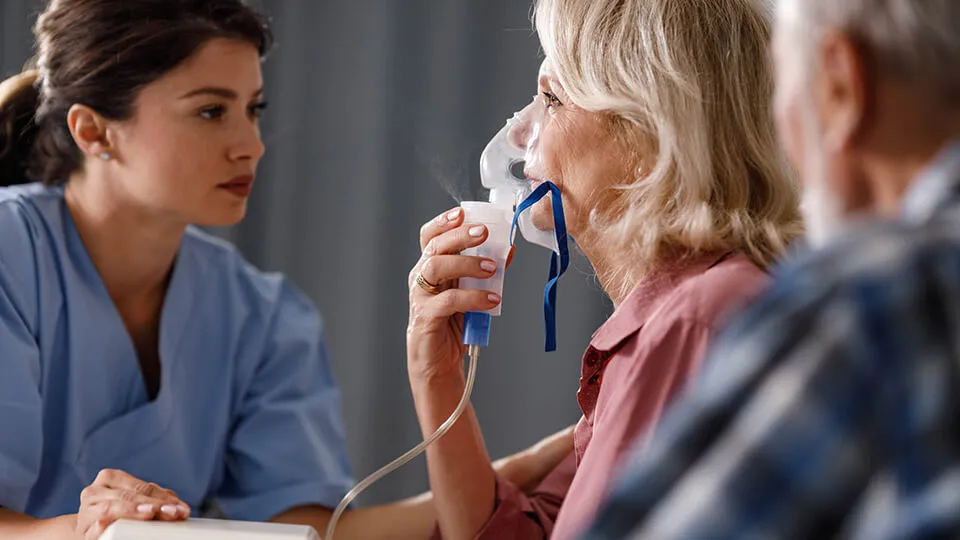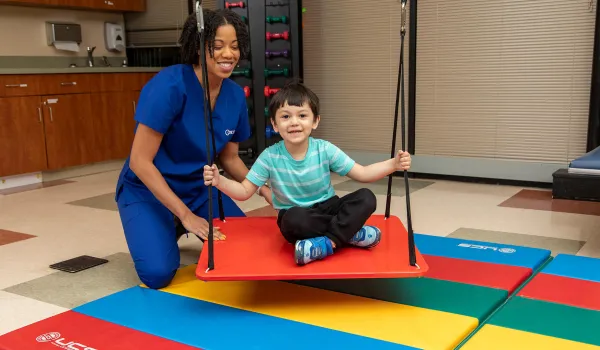Concorde Staff

Winter is almost here. It's time to plan to ensure your respiratory health and see to it that you won't have a need for a respiratory therapist anytime soon.
Winter is the season every year that sees the greatest uptick in respiratory illness and need for respiratory therapy. People are generally more closely confined indoors, so there's more spreading of germs that cause flu, bronchitis, even pneumonia.
We want all our Concorde students, faculty and associates to remain healthy over the holidays and the cold months beyond. There are several preventive respiratory therapy steps you can take to maintain respiratory health. There also are some important herbs and nutrients that really come into their own at this time of year to support respiratory therapy and immune health.
Respiratory therapy issues during winter
Arleen Avariano, BA, RRT, Diretor of Concorde respiratory therapist programs in Miramar, FL, said the main issue in winter are people with asthma and chronic obstructive pulmonary disease (COPD).
"The changes in temperature, especially here in South Florida, triggers bronchospasm and inflammation in the airways," Avariano said. "Asthmatics should be mindful of monitoring their peak flows every day."
She said anyone with cardiopulmonary disease must adhere to their physician's prescription regimen.
"These patients also should be aware of their signs and symptoms so that they can receive the proper medical care in a timely manner and avoid any exacerbations of their disease," Avariano said.
More respiratory therapy tips for winter
According to the Mr. Vitamins website, the first line of defense against winter respiratory distress is a strong immune system. A strong, healthy immune system can quickly detect and destroy potentially harmful bacteria, viruses, fungi or other substances that appear foreign or harmful. An unhealthy immune system is not able to mount an effective immune response, leaving you and your family more vulnerable to infections and illness generally.
Mr. Vitamins said two vitamins which have proven especially effective in boosting the immune system are vitamin C and vitamin D. Vitamin C is important for enhancing and balancing immune function. Low levels of vitamin C are linked to increased susceptibility for infections, however. Vitamin D is essential for a healthy immune system that also enhances the activity and response of white blood cells during an infection.
There also have been reported several herbs and other nutrients that not only support respiratory tract function but have the added benefit of providing symptomatic relief for many respiratory conditions. Some of these herbs include adhatoda, which dilates the bronchial tubes and reduces respiratory spasms, and medicinal mushrooms such as reishi, shiitake, turkey tail and cordyceps.
Elecampane is traditionally considered one of the best herbs for lung complaints. It helps strengthen lungs and sustain the strength of those affected by chronic disorders of the respiratory tract.

Next Steps?
Interested in learning more about our Respiratory Therapy program? We have a Concorde representative ready to talk about what matters most to you. Get answers about start dates, curriculum, financial aid, scholarships and more!






